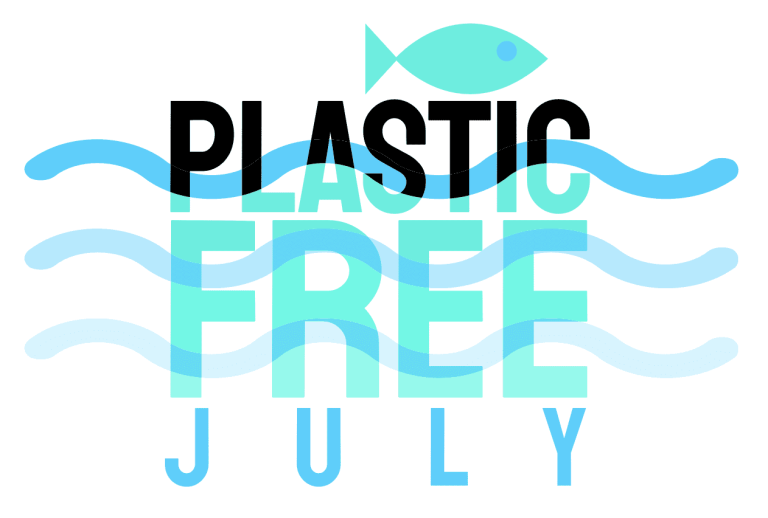
Port Washington-based non-profit Grassroots Environmental Education is leading a local effort to address the single-use plastic problem by spearheading “Plastic-Free July in Port.”
Plastic-Free July is a global effort to reduce the amount of single-use plastic, a primary source of plastic pollution in our environment. Grassroots and supporting organizations are asking local restaurants to follow the NYC law by asking if customers require utensils, straws or condiment packs, rather than including them in every take-out order.
In addition, participating restaurants will be asked to use biodegradable bags made from plant starches, vegetable oils & compostable polymers instead of single-use plastic bags for take-out orders.
Many people are already familiar with plastic as a litter and pollution problem. Discarded plastic bottles, bags, cups, utensils and condiment and candy wrappers fill our empty lots and landfills, and giant patches of plastic garbage are floating in our oceans.
The science is also showing that the chemicals used to manufacture plastic are harming our health.
Plastic has become a global environmental issue due to its toxicity in every phase of its lifecycle, from manufacture to use to disposal. Plastic is made from a combination of fossil fuels and chemicals, many of which are toxic to humans.
A recent study published in Environmental Science and Technology found that more than 10,000 additives, processing aids, and monomers are used to make plastics, with about 2,400 of them identified as potentially hazardous.
Other studies have shown that chemicals in plastic food packaging can leach into the contents, even at room temperature.
A 2022 study in Denmark of new plastic sports water bottles showed that more than 400 chemicals had leached into the water in just 24 hours. In a subsequent test, conducted after the bottles were used and cleaned, almost 3,000 chemicals had leached into the water.
The disposal of plastic has also been a difficult issue for the plastic industry since its inception. Only a tiny percentage of all the plastic in the world has actually been recycled, but that’s only part of the story. Because every piece of plastic is made from a mixture of chemicals that become an integral part of the material, extracting those chemicals is impossible.
So a plastic bottle can never be made into another plastic bottle. It might be made into a single-use plastic bag, but those are also difficult if not impossible to recycle.
All plastic eventually breaks down with sun, wind and water into microplastics and nanoplastics that can be measured in micrometers (one-millionth of a meter, or 0.000039 inches).
These tiny particles find their way into our air, our water, and eventually, our food supply. They can also be vectors for disease. Researchers are trying to determine the long-term health impacts of ingesting small pieces of plastic, which may contain toxic chemicals.
“We’re coming to the end of the road with plastic,” says Patti Wood, executive director of Grassroots Environmental Education. “We need to turn off the plastic tap and find other, better and more sustainable ways of living that don’t permanently contaminate our world and threaten our health and the health of future generations.”
More information about the plastic problem, along with tips on what you can do to reduce your own use of plastic and a list of supporting organizations and participating restaurants is available at the project website, www.Grassrootsinfo.org/plasticfreejuly-port.






